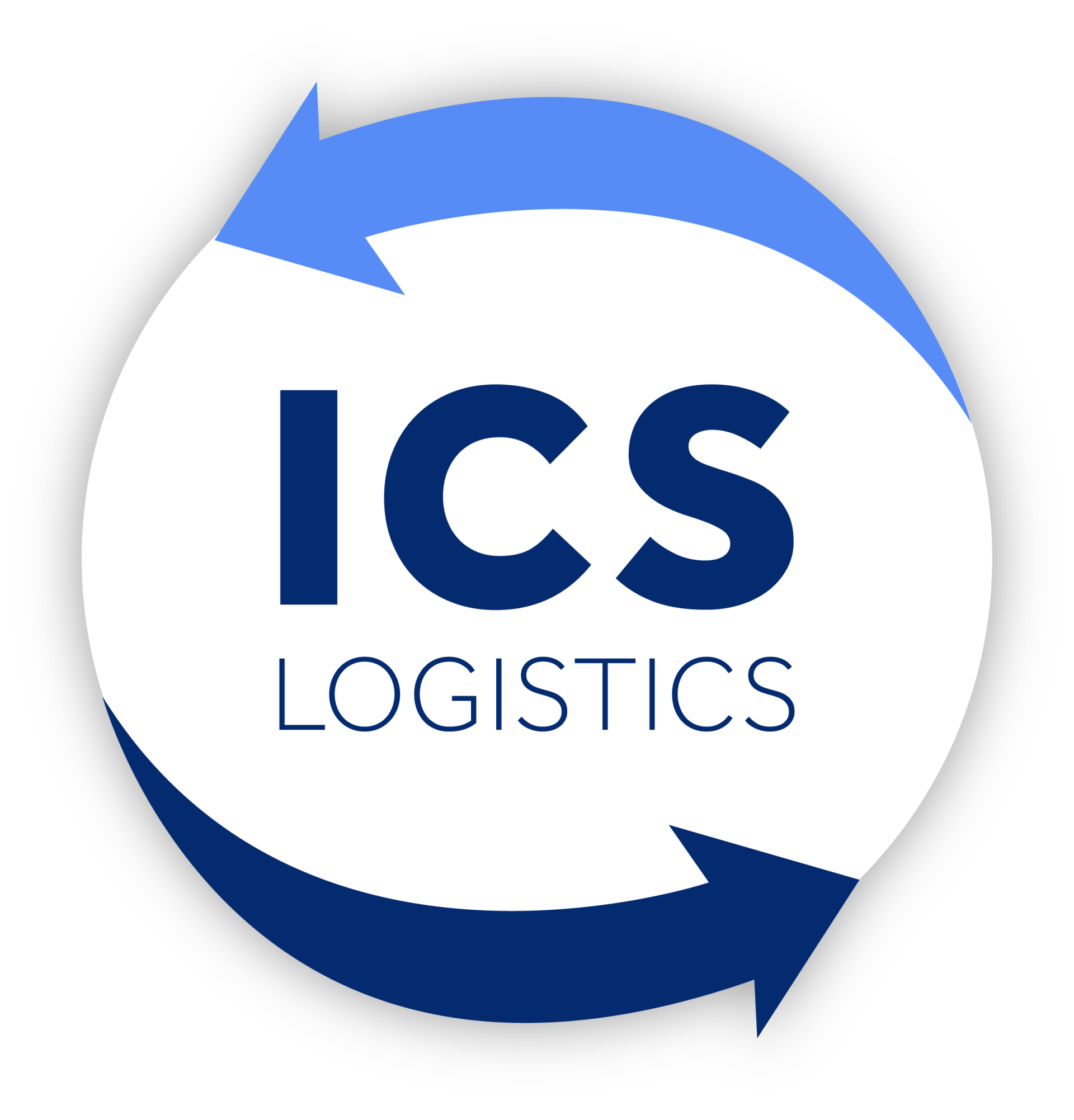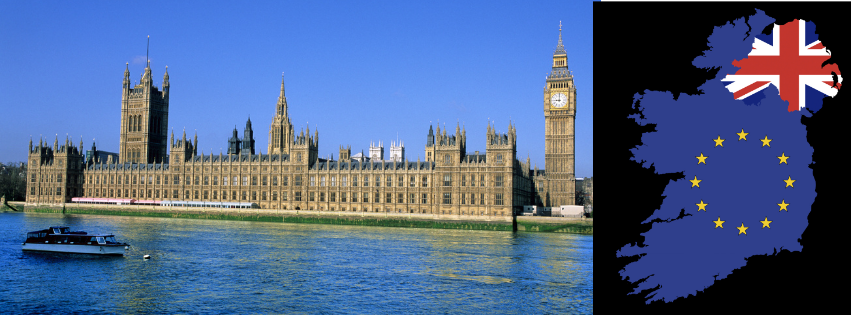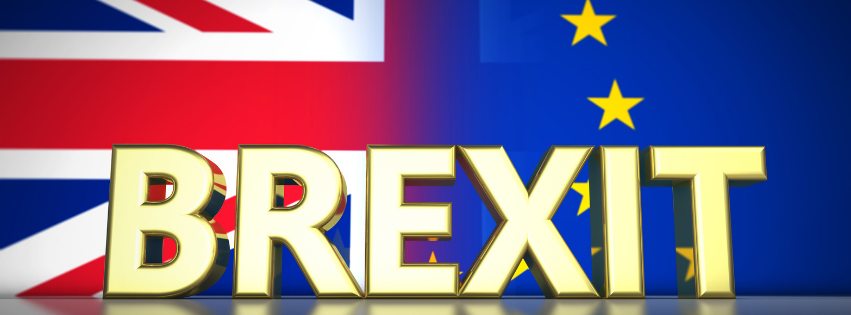Import / Export Compliance
Ian Simmonds • 2 December 2019
International business can be problematic for companies.
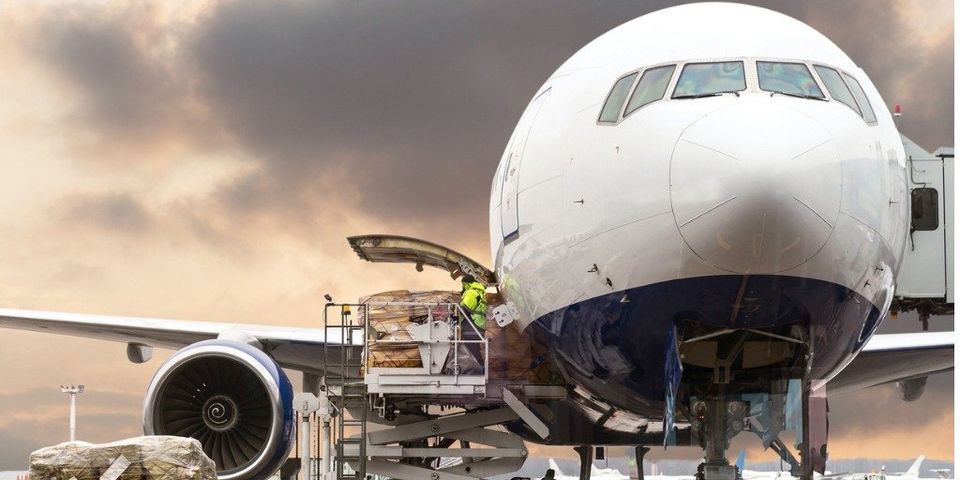
Import / Export Compliance
- Companies find the field of import / export too complex and confusing. Subsequently, they fail to exploit international business opportunities and create multiple new streams of income and profit for their businesses.
- Companies engage in import / export with the intention of being fully compliant with applicable laws and regulations, but due to misunderstandings find themselves in violation of the regulations and facing fines or penalties.
- Companies fail to maximise the full profit potential of importing products, due to not having full visibility and control of the costs within the end-to-end international supply chain.
- Companies may win export business, but not fully understand the overseas customer’s requirements or the terms and conditions of selling into that export market. This often results in reduced profit, as the export sales price agreed with the overseas customer was not fully inclusive of all costs.
Having over 35 years’ experience of international business and trade compliance, we have helped companies build successful and profitable import / export activities, whilst ensuring that they maximise compliance with laws and regulations.
If you would like more details, please call +44 (0) 118 932 8447 or email
info@icslogistics.co.uk

We provide IOR services for foreign importers and take care of every phase of the importation from customs clearance to the payment of duties and taxes. As the IOR for your products we are responsible for all paperwork relating to import of your products, customs classification and we will arrange the payment of duties and taxes.
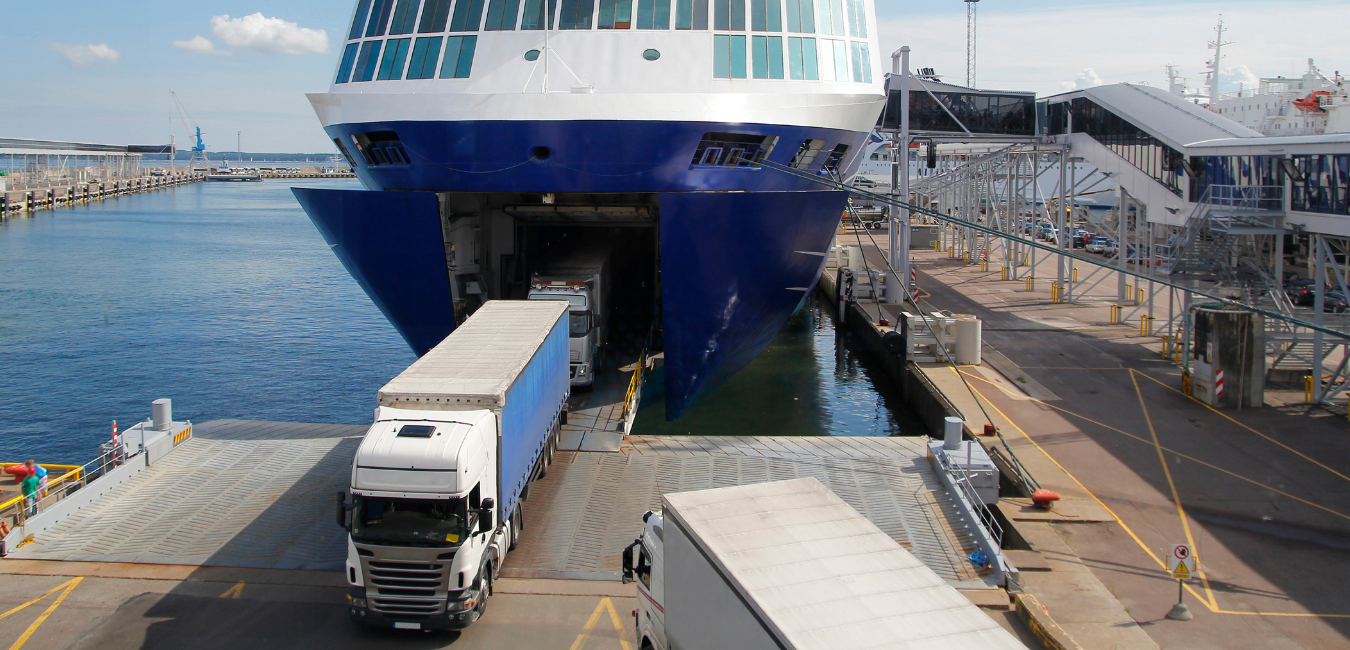
A manufacturer in Germany supplies EU qualifying products to a GB company and zero tariffs applies. The GB company places the products within their common stock warehouse and later they are purchased by a company in the Republic of Ireland. Under the TCA rules of origin for preferential trade, these goods when imported into Ireland are not covered by the agreement and full tariffs apply.
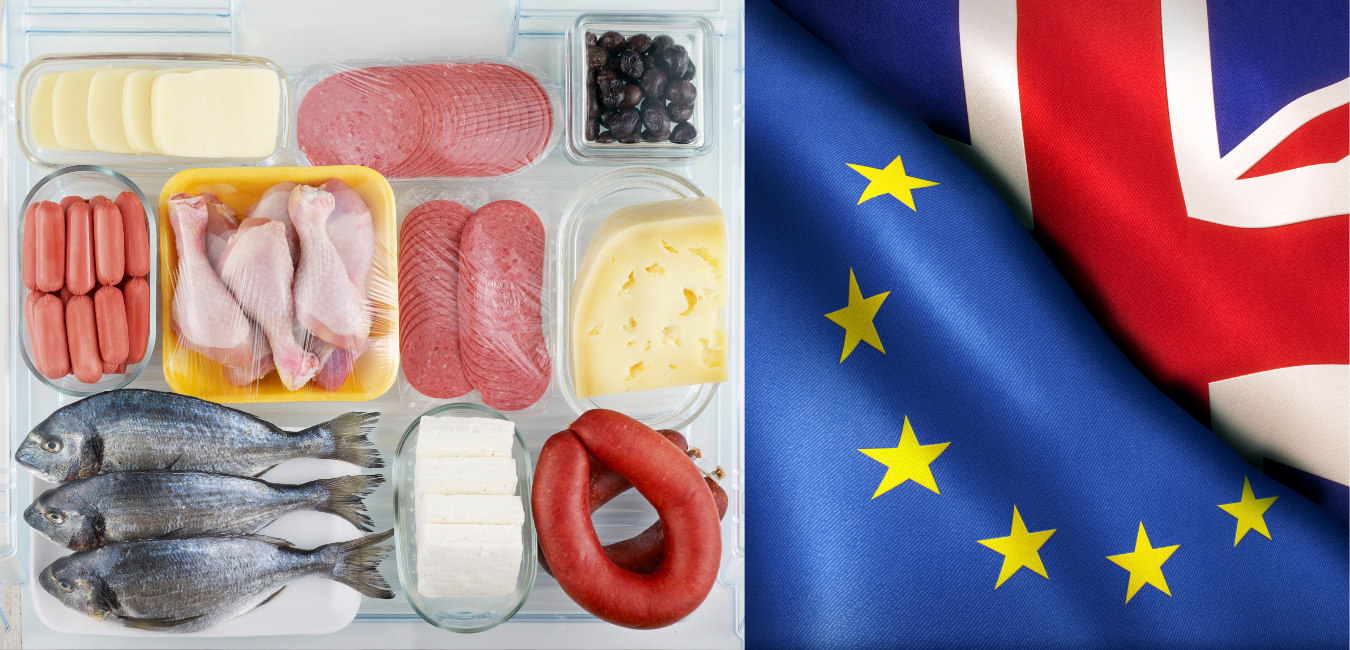
Not having clearly defined export / import processes with the EU caused unnecessary documentation issues resulting in long delays at the ports and some vehicles being sent back to the UK. Exporters of food products from Great Britain (GB) were especially impacted due to their Export Health Certificates (EHCs) not being compliant with EU import regulations. Food exporters and their Official Veterinarians complete and issued these certificates in compliance with the directives of the Department for Environment Food & Rural Affairs.

We have been developing contingency plans to ensure our customers’ products are delivered correctly after 1 January 2021. Significant changes will occur once the UK has left the EU. All UK businesses will be required to provide Customs documentation for products exported to, or imported from the EU, even with the ‘EU Deal’ on Brexit.
ICS, as part of our customer services, will be supporting companies with the necessary Customs documentation to comply with the new regulations.
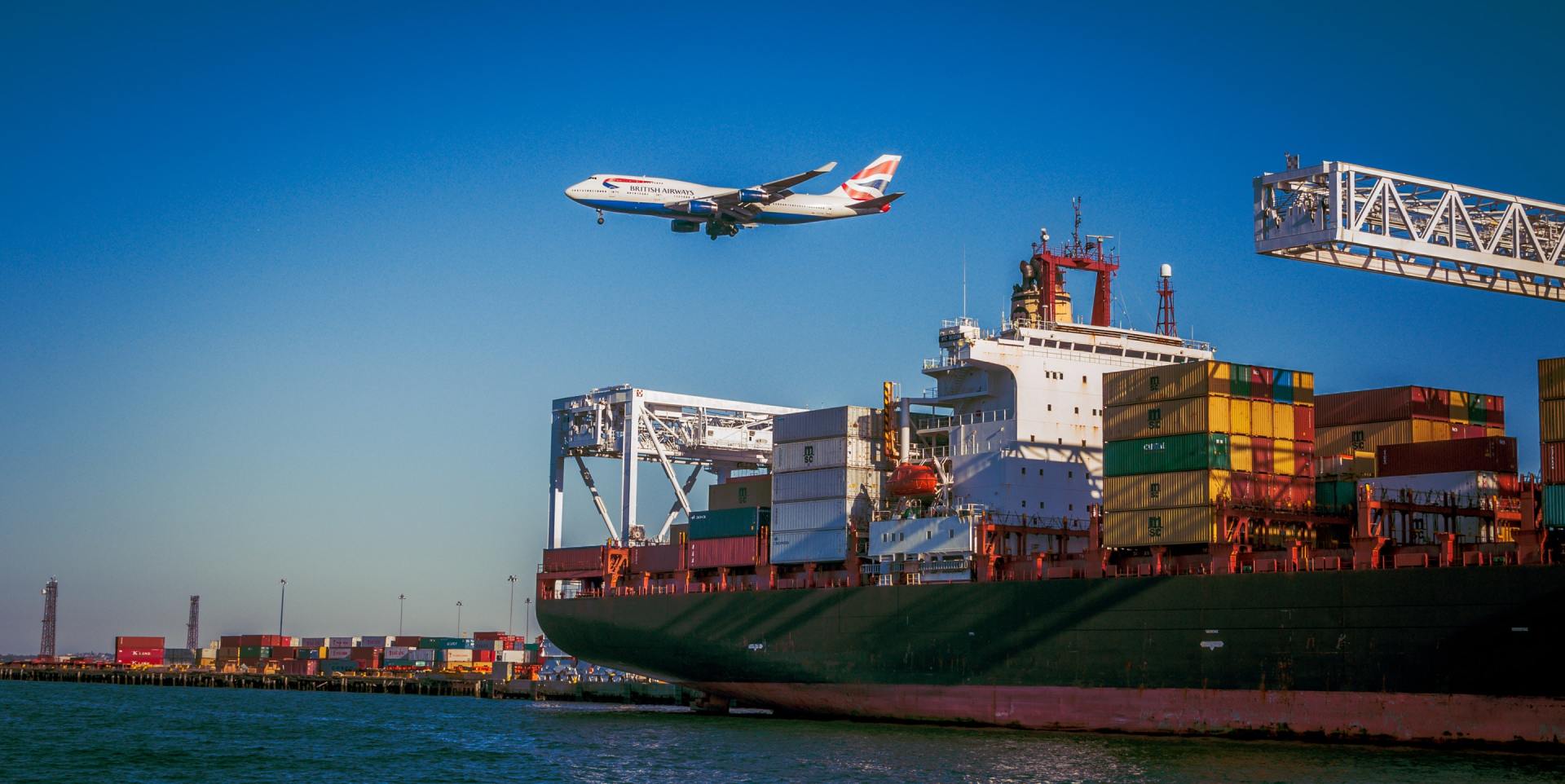
The Government announced, during the Budget, that on 1 January 2021 Postponed VAT Accounting (PVA) will be introduced on imports. Currently, imported goods from a non-EU country are liable for payment of import VAT at the same time as customs duty. The process will provide importers with a new cashflow benefit, as they will be able to postpone VAT at the time of import, as opposed to paying it immediately upon importation.
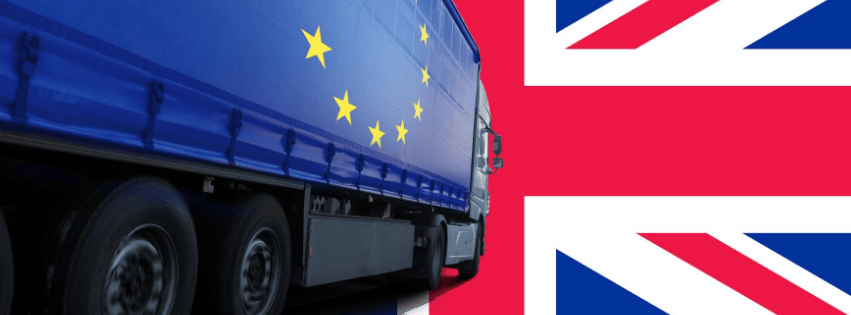
The UK Government have stated that on 1 January 2021 the transition period with the European Union (EU) will end and the United Kingdom (UK) will operate a full, external border as a sovereign nation. This means that controls will be placed on the movement of goods between Great Britain (GB) and the EU.
The UK Government have recognised the impact of coronavirus on UK businesses’ ability to prepare and therefore have announced that they will implement full border controls on imports coming into GB in three stages up until 1 July 2021.
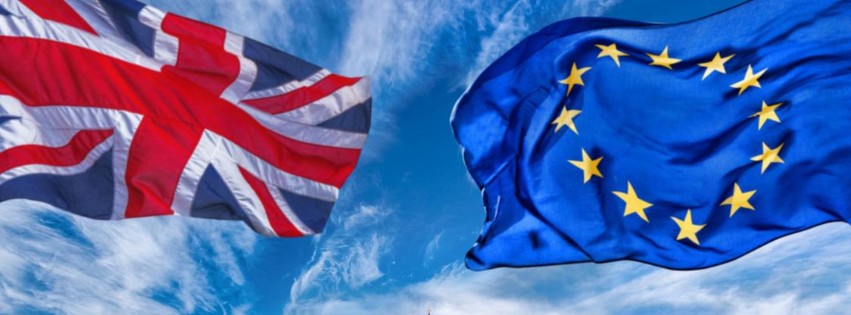
The UK Government has now released their new Import and Export Guides for the end of the Transition Period. The guides have been designed to provide a step-by-step process and aim to provide clarity around what is required at the end of the year. When it comes to following the new import / export processes and completing your Customs declarations, we can provide you with assistance and support.
